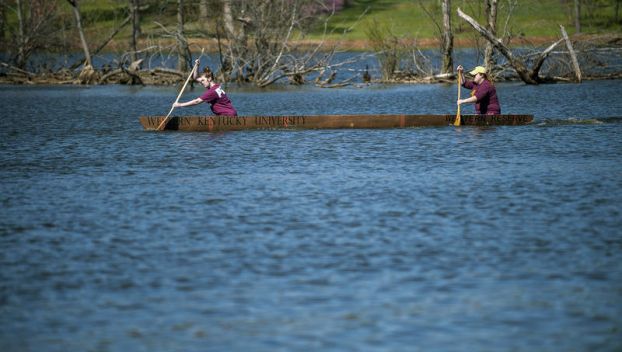
News
WKU concrete canoe team prepares for national competition
Building arm muscle and paddling on the lake is how some senior civil engineering students at Western Kentucky ... Read more

Building arm muscle and paddling on the lake is how some senior civil engineering students at Western Kentucky ... Read more